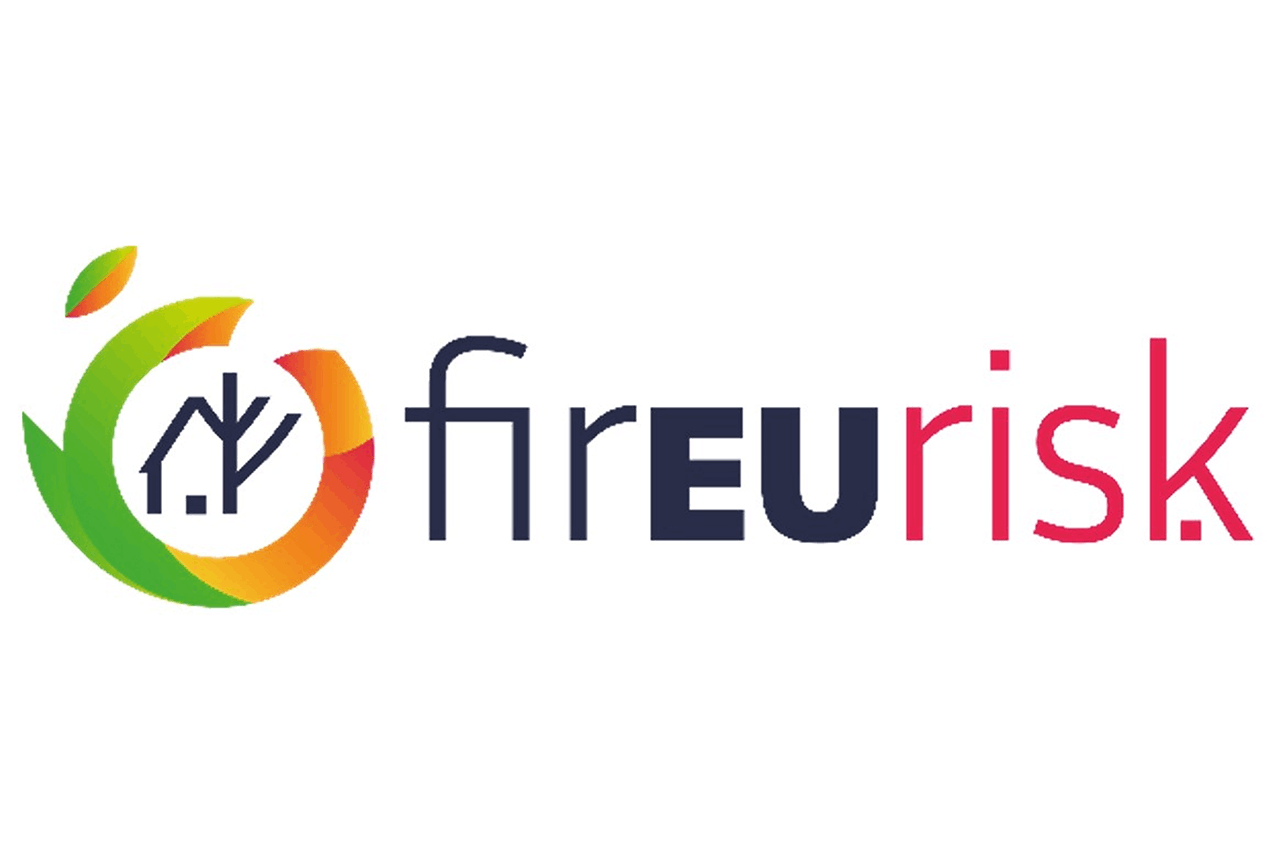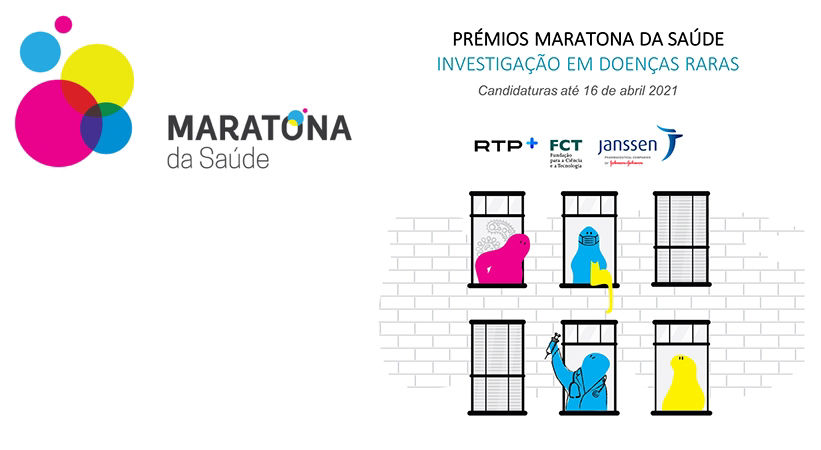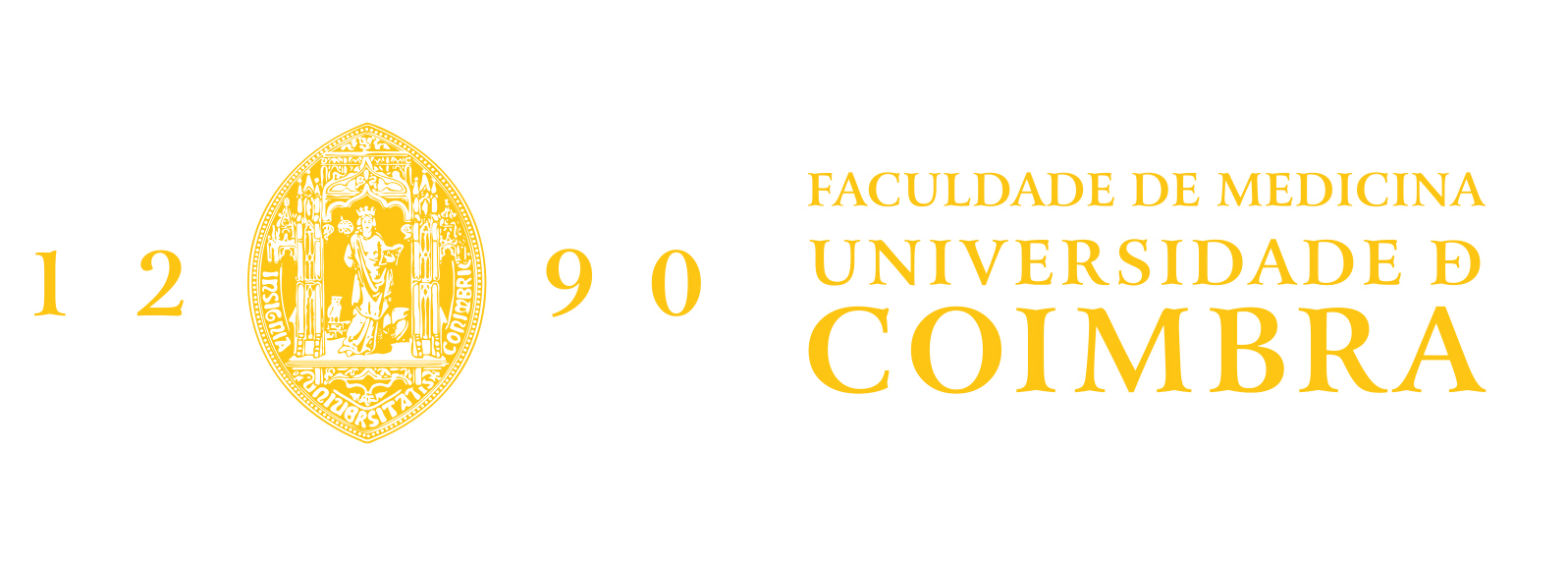1.Alzheimer's Drug Discovery Foundation (ADDF) |4 Core Funding Programs
The ADDF provides funding to academic centers and biotechs from around the world that are advancing therapeutic and biomarker development for Alzheimer's and related dementias. We have dedicated our funding to several key areas:
- Translational research to develop new drugs and build preclinical evidence;
- IND-enabling studies and early-stage clinical trials for novel and repurposed drugs;
- Development and validation of plasma, CSF, neuroimaging and digital biomarkers;
- Epidemiological studies and comparative effectiveness research.
Four Core Research Funding Programs:
- Drug Development;
- Program to Accelerate Clinical Trials (PACT);
- Neuroimaging and CSF Biomarker Development;
- Prevention Pipeline.
Further information available at:
https://www.alzdiscovery.org/research-and-grants/funding-opportunities



